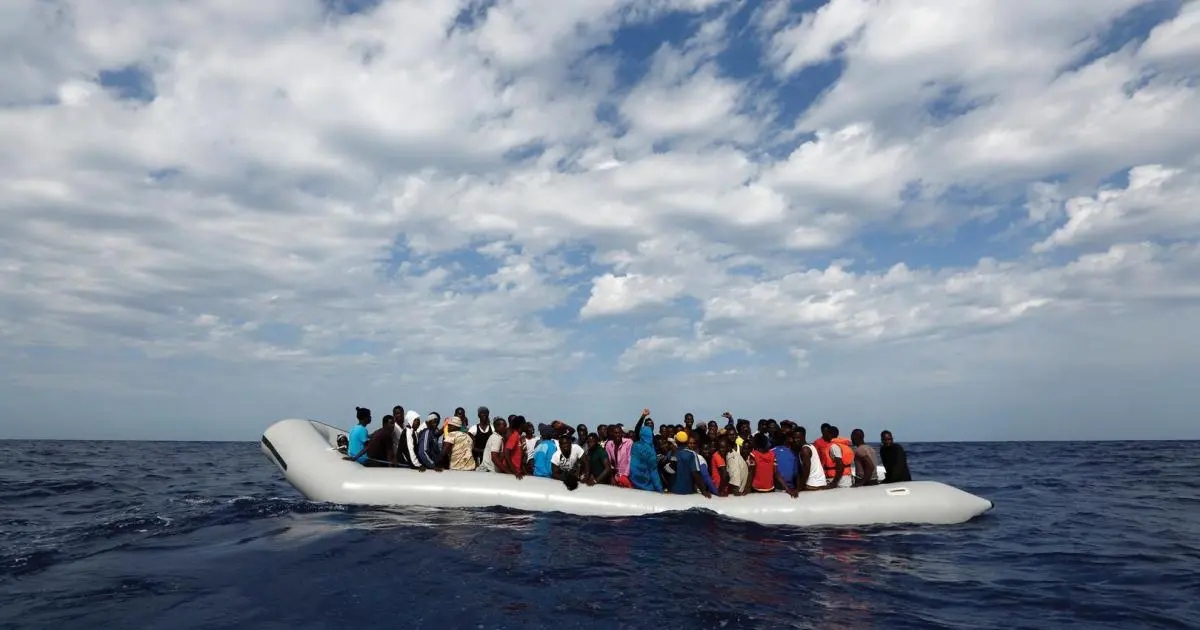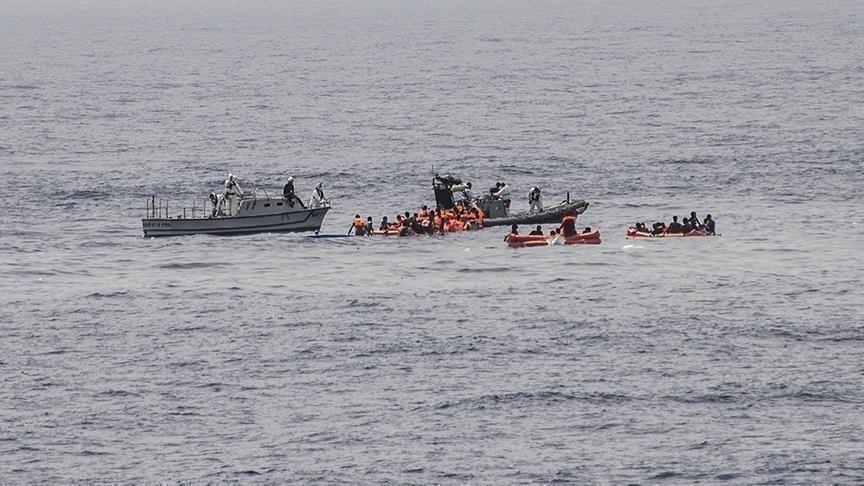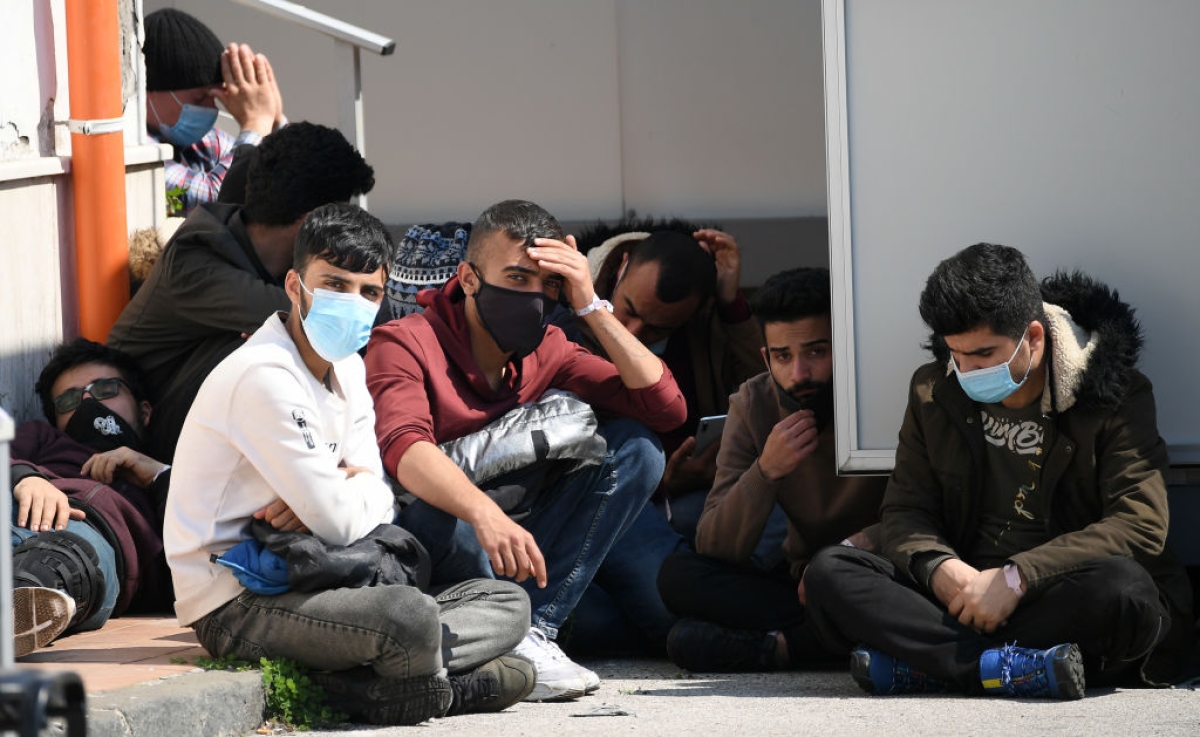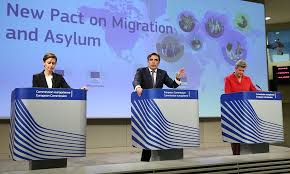Politicians on both sides of the Atlantic are fervently
focused on halting illegal migration, yet this singular pursuit will yield
minimal results without addressing the underlying catalysts propelling
migration: poverty, conflict, and climate change. Failure to confront these
issues will only exacerbate the toxicity permeating politics in affluent nations.
The specter of uncontrolled migration stands as one of the
most polarizing issues in Western democracies, holding significant sway over
electoral outcomes. In the United States, the fear of migration could
potentially bolster Donald Trump's prospects in the upcoming presidential
election, as evidenced by his recent efforts to thwart bipartisan attempts to
fortify border controls with Mexico.
Similarly, migration looms large in the impending European
Parliament elections, having already galvanized the ascendance of far-right
nationalist factions across various European nations and played a pivotal role
in the Brexit referendum.
While there's a burgeoning consensus among mainstream
parties regarding the necessity of stricter controls on illegal migration, the
far-right's stance increasingly veers towards isolationism and draconian
deportation measures, eschewing nuanced approaches that balance security with
humanitarian considerations.
Efforts to manage illegal migration must be complemented by
the establishment of robust legal pathways for immigration, particularly in the
face of aging populations and labor shortages in affluent nations. However,
these measures alone are insufficient in addressing the root causes driving
mass displacement. The 21st century's harbingers of chaos Ė war, poverty, and
climate change Ė continue to uproot communities at an alarming rate, rendering
migration an inevitable consequence for many.
In essence, to truly tackle the migration crisis,
policymakers must adopt a holistic approach that not only fortifies borders and
facilitates legal migration but also prioritizes global efforts to alleviate
poverty, mitigate conflict, and combat climate change. Only through concerted
international cooperation and comprehensive strategies can the underlying
drivers of migration be effectively mitigated, fostering a more stable and
equitable global landscape.









